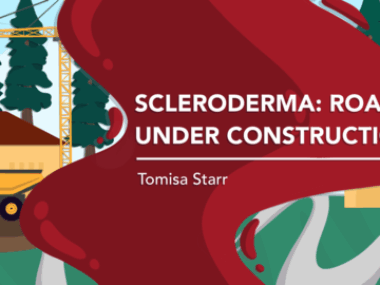Protagen and Inova Diagnostics Partner to Advance New Systemic Sclerosis Biomarker
Written by |

Protagen AG and Inova Diagnostics have signed a semi-exclusive license agreement for BICD2, a new autoantigen and the first proprietary biomarker discovered by Protagen using its SeroTag technology, a diagnostic platform.
The newly discovered anti-BICD2 autoantibodies are found in about 30% of patients with systemic sclerosis (SSc) and are highly associated with limited forms of the disease. Beyond the classical markers, such as Centromere and Scl-70, BICD2 is the most abundant target of autoantibodies in patients with SSc.
Anti-BICD-2 antibodies correlate with a mild SSc disease course. The identification of differential levels of BICD2 autoantibodies, when used together with other diagnostic markers, can allow a differential diagnosis of SSc patients and, hence, more personalized treatment.
The license contract will allow Inova Diagnostics to add BICD2 to its collection of connective tissue disease (CTD) reagents, to help improve the clinical diagnosis of the disease.
“We have always been intrigued by the SeroTag® technology and have monitored its continuous progress over the last few years. We believe that there are many areas within autoimmunity that would benefit from additional biomarkers to close the diagnostic gap. Anti-BICD2, the novel marker from Protagen, provides the means to help fill that gap in SSc,” Michael Mahler, vice president, Research and Development at Inova Diagnostics, said in a recent press release. “The addition of anti-BICD2 to our CTD offerings may increase the overall accuracy of diagnosis, and may ultimately add to the understanding of the etiology of this disease.”
Stefan Müllner, Protagen’s CEO, added, “This agreement is further confirmation of the high clinical and commercial value of our SeroTag® technology and its potential for continuous delivery of relevant, novel biomarkers. We are very proud that Inova Diagnostics has licensed BICD2 to complement its existing diagnostic assay portfolio.”
SSc is an autoimmune disease of the connective tissue, characterized by thickening of the skin caused by accumulation of collagen, and by injuries to small arteries. SSc features include essential vasomotor disturbances, fibrosis, and subsequent atrophy of the skin, subcutaneous tissue, muscles, and internal organs (e.g., alimentary tract, lungs, heart, kidney, central nervous system).
SSc is a rare disorder, with an annual incidence in the United States of about 20 cases per 1 million adults.





